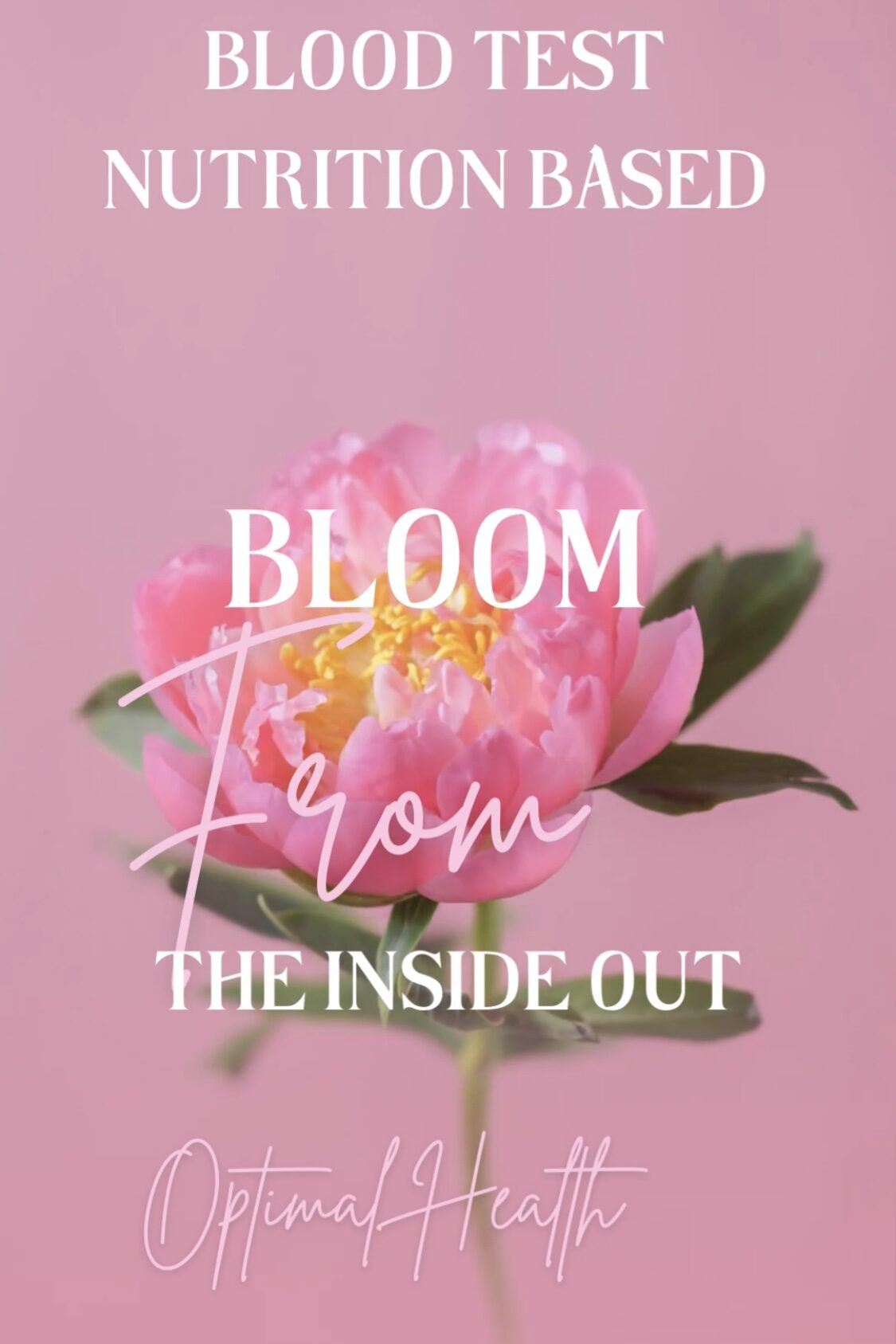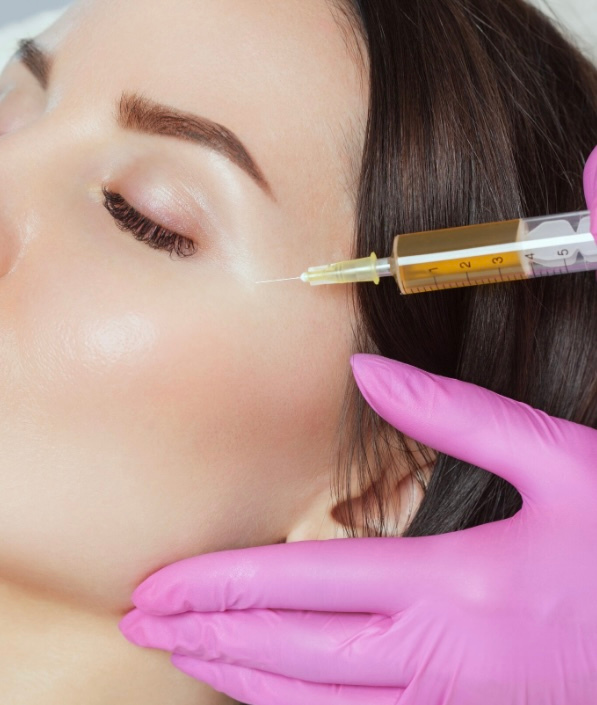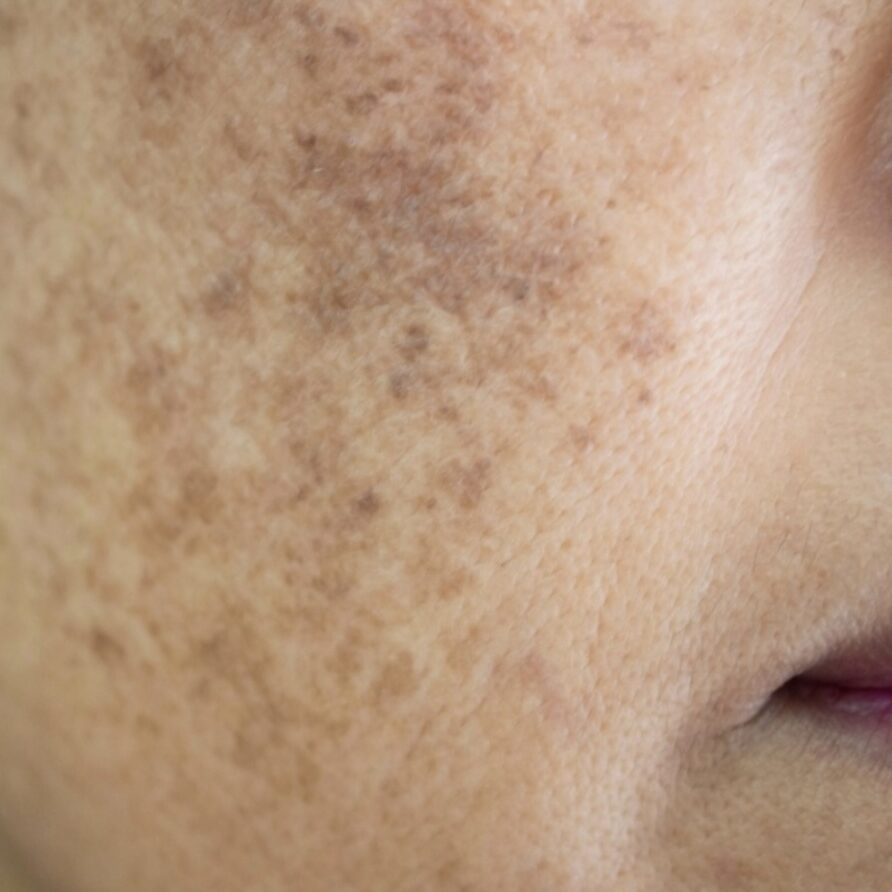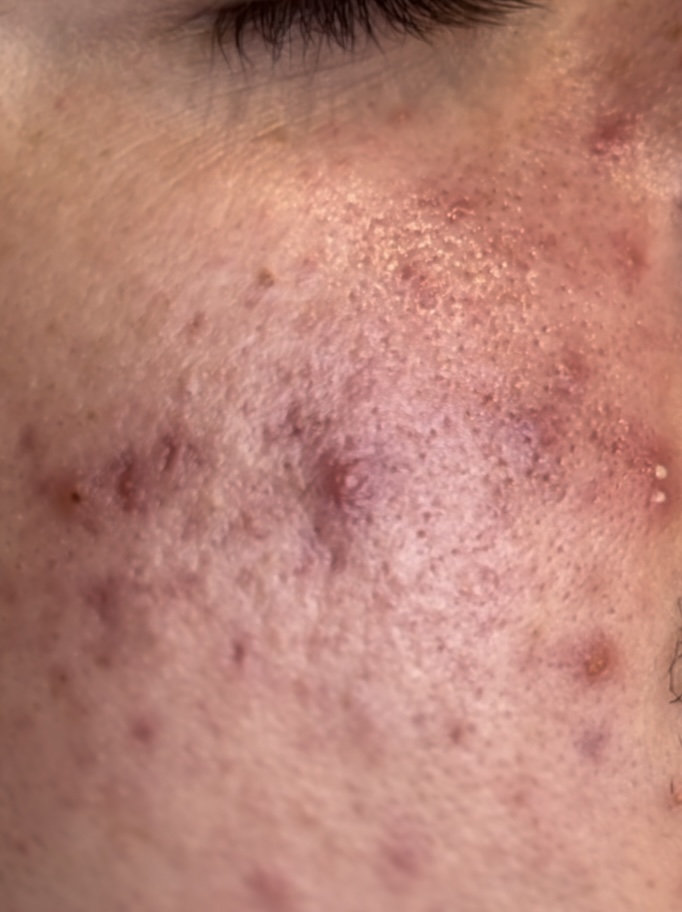Acne And Skin Inflammation
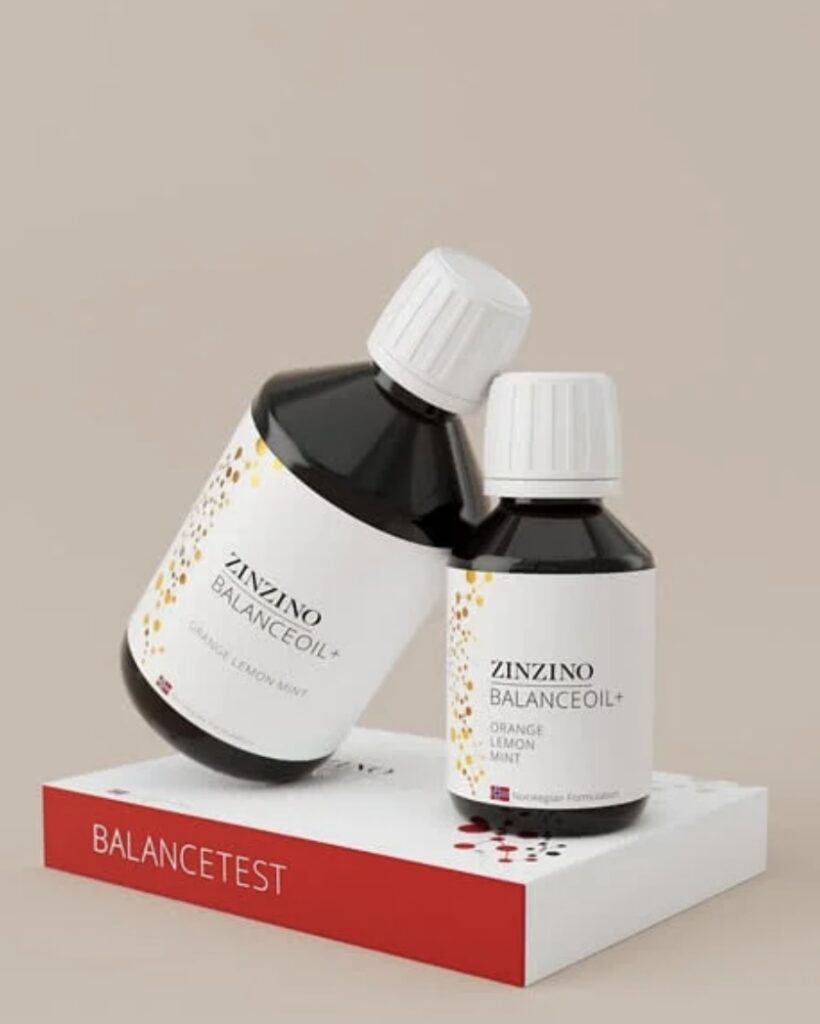
Acne is a common skin condition that goes beyond the surface-level issues of pimples, redness, and pustules. To truly understand and treat acne, we must delve deeper into the cellular level and address underlying factors such as inflammation and cellular miscommunication. By adopting a holistic approach that combines proper nutrition, the right skincare products, and an understanding of your unique needs, you can improve your skin health and achieve long-term balance.
Acne at the Cellular Level
Acne is an inflammatory condition that involves the sebaceous glands and hair follicles. When these structures become clogged with sebum, dead skin cells, and bacteria, inflammation occurs, leading to the formation of pimples, blackheads, and other lesions. This process is indicative of a deeper issue: an imbalance in the skin’s cellular communication.
Holistic Skin Approach with Zinzino
To heal your skin at the cellular level, it’s crucial to nourish your body with the right balance of nutrients. Zinzino offers a unique solution with their BalanceOil, which provides essential fatty acids to support your cellular health. Moreover, by taking Zinzino’s blood test, you can gain valuable insights into your body’s specific needs and tailor your diet and skincare regimen accordingly.
The Power of Nutrition
Diet plays a critical role in managing acne and promoting overall skin health. In addition to incorporating essential fatty acids through products like Zinzino BalanceOil, consider the following dietary adjustments:
- Consume a diet rich in antioxidants, such as fruits, vegetables, and whole grains, to combat inflammation.
- Limit your intake of high-glycemic foods, such as refined carbohydrates, which can trigger acne flare-ups.
- Stay hydrated by drinking plenty of water to support your body’s detoxification processes and maintain skin moisture.
The Importance of Proper Skincare
To achieve long-term skin balance, you must also invest in a targeted skincare routine that addresses your unique concerns. Here are some tips for optimizing your skincare regimen:
- Use gentle, non-comedogenic cleansers to prevent clogged pores and maintain your skin’s natural pH.
- Incorporate salicylic acid or benzoyl peroxide into your routine to combat acne-causing bacteria and unclog pores.
- Moisturize your skin daily to maintain hydration and protect the skin barrier.
Healing your skin at the cellular level requires a comprehensive approach that goes beyond superficial treatments. By combining proper nutrition, targeted skincare, and products like Zinzino BalanceOil, you can achieve lasting skin health and balance. Remember, clear and radiant skin is not only an attainable goal but also a reflection of your overall wellbeing.
ADVANCED SKIN SPECIALIST – KAROLINA

